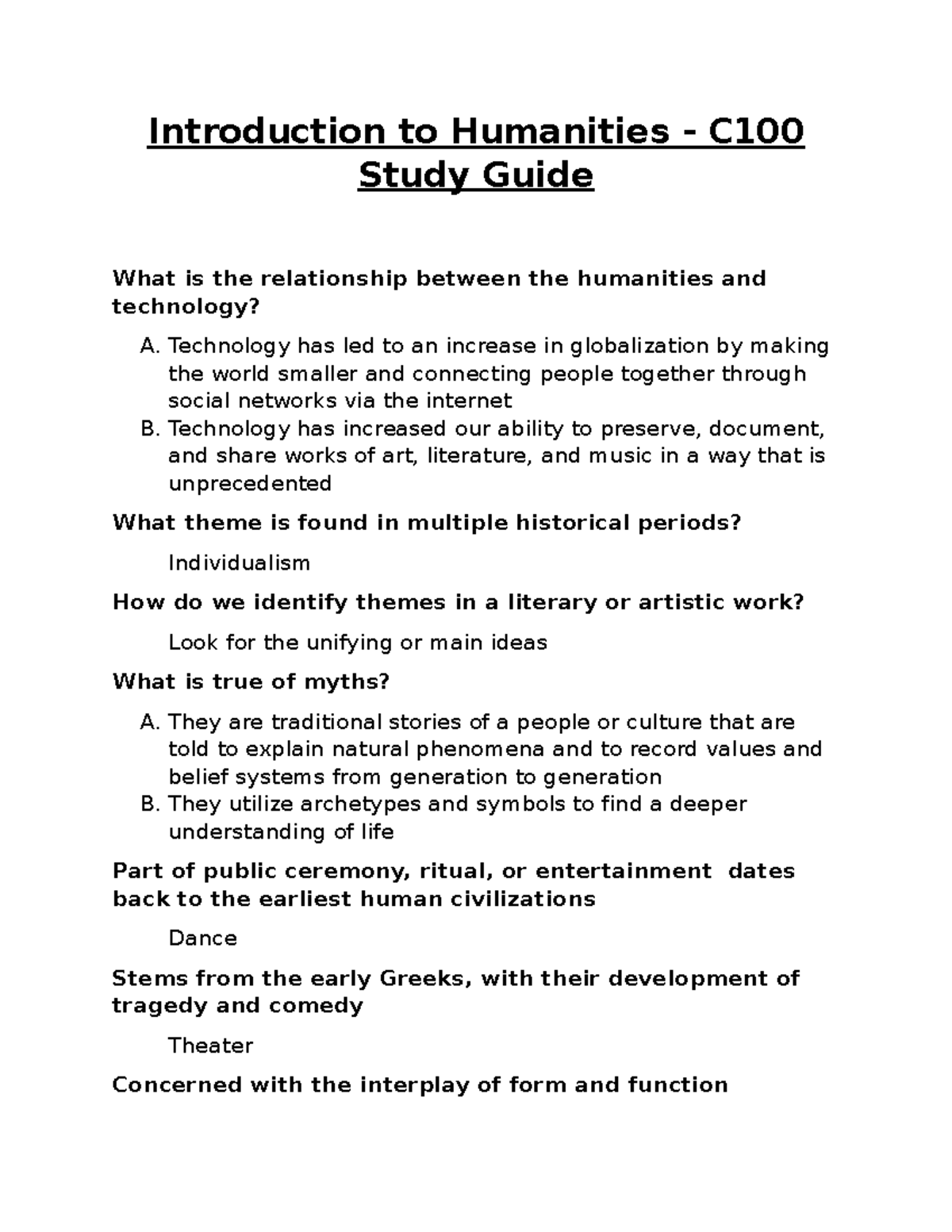Katie Kitamura, the talented author renowned for her thought-provoking narratives, has recently captivated readers with her latest novel, “Audition.” In this compelling work, Kitamura delves into the unsettling realm of midlife challenges and the complexities of familial relationships, all framed within the context of her signature style that dances along the edges of horror and literature. As she prepares for her upcoming appearance at a Harvard event alongside noted fiction lecturer Claire Messud, Kitamura’s insights into the art of performance and privacy are set to resonate with audiences. In a recent Katie Kitamura interview, she reflected on her journey and the inspirations that shape her writing, underscoring her status as a key figure in contemporary literature. Discover how Kitamura’s exploration of human emotion and tension in “Audition” elevates her work to an engaging blend of realism and eerie intrigue.
The literary landscape is rich with voices like Katie Kitamura, who artfully navigates the intersection of horror themes and the visceral experiences of life. Her latest publication, “Audition,” stands as a testament to her ability to intertwine elements of suspense with deep character studies, presenting readers with a narrative that evokes both empathy and unease. As a pivotal presence in contemporary fiction, Kitamura’s contributions to discussions on performance and identity continue to illuminate the complexities of human connections. Attending the Harvard event where she will converse with esteemed peers promises to deepen the understanding of her unique perspective on storytelling. Through both her writing and her interactions, Kitamura invites us to reconsider how well we truly know those closest to us.
Exploring the Themes of Horror in Katie Kitamura’s ‘Audition’
Katie Kitamura’s latest novel, ‘Audition,’ delves deep into the psychological aspects of horror, a theme that feels both familiar and unsettling. In her narrative, the characters find themselves trapped not just physically within the confines of their apartment but psychologically as well, confronting their deepest fears and uncertainties. The juxtaposition of an alleged safe space turning into an arena of dread mirrors classic horror tropes, akin to Ira Levin’s ‘Rosemary’s Baby.’ Kitamura’s portrayal of the uncanny serves to draw readers into a liminal space where normality bends, allowing the mundane to contain horrific undercurrents. This brings to light the fears of motherhood and domestic life, making ‘Audition’ a compelling commentary on the hidden terrors of midlife.
Additionally, the timing of ‘Audition’s’ writing during the pandemic adds a layer of relevance that resonates with contemporary readers. While there are no direct references to masks or illness, the sense of claustrophobia and unease that marked those times is palpable throughout the book. Kitamura effectively channels the anxieties of our current reality into her fictional world. The exploration of family dynamics within the isolation of a small apartment touches on themes of confinement that feel particularly resonant in a post-pandemic society. In this way, the novel captures a modern form of horror, rooted not in ghosts or monsters, but in the very real fears and frustrations that arise within domestic spaces.
The Art of Performance and Identity in Katie Kitamura’s Writing
Katie Kitamura has established a unique voice in contemporary literature that intricately weaves the themes of performance and identity into her narratives. In ‘Audition,’ the central character, an actor, embodies the essence of theatricality, reflecting on how performance is integral to human experience. This theme echoes across her body of work, reinforcing the notion that we are all, to some extent, performing in our everyday lives. Kitamura suggests that identity is not fixed; rather, it is fluid and shaped by our interactions with others, thereby challenging traditional notions of selfhood. This exploration of identity ties closely with the horror genre, as it raises questions about the authenticity of our actions and motivations.
Furthermore, Kitamura’s insights into the performance of everyday life ask readers to consider the masks we wear in our relationships. She poignantly illustrates how the spaces between performance and reality can create friction that exposes vulnerabilities. This nuanced understanding of identity aligns with her teaching at New York University, where she imparts the importance of acknowledging complexity in both character development and human interaction. As a result, readers are invited to reflect on their own experiences and realizations about the roles they play in society, affirming that literature—much like the performances it often portrays—serves not only to entertain but to elucidate deeper truths about ourselves and our connections to others.
Katie Kitamura’s Views on Literature and the Role of Fiction
In a world increasingly characterized by turmoil and division, Katie Kitamura emphasizes the essential role of literature in fostering understanding and connection. During her recent discussion at Harvard, she articulated that the act of writing fiction is not just an artistic endeavor but a necessary response to societal challenges. Fiction allows us to explore compassion and empathy, offering insights into lives and experiences different from our own. Kitamura’s assertion that literature is under threat highlights its power; book bans across the country are a testament to the apprehension that powerful narratives can instill in those who wish to maintain control. By defending the sanctity of storytelling, she champions a form of resistance and a mode of connection among people across diverse backgrounds.
Kitamura’s reflections on why writing matters resonate deeply, especially in an era marked by political and ecological crises. For her, the capacity of fiction to reinterpret reality is not merely a creative tool but a revolutionary act. By envisioning alternative futures through storytelling, writers contribute to a collective imagination that can inspire change. She encourages aspiring authors to perceive their role as pivotal in shaping narratives that challenge the status quo and provoke thought. Hence, Kitamura’s engagement with both her students and readers underscores the enduring relevance of fiction as a vehicle for discourse and change, reinforcing the need for voices that push boundaries and make connections amidst chaos.
Katie Kitamura’s Journey as a Writer and Educator
Katie Kitamura’s journey as a novelist is marked by her dedication to exploring complex themes while simultaneously nurturing the next generation of writers. Her position as a lecturer at New York University allows her to share insights not only from her own experiences but also from the literary world at large. Kitamura’s mentorship emphasizes the importance of honing one’s voice and engaging deeply with the art of storytelling. This connection between her teaching and writing illustrates how her literary exploration is both reflective and generative, allowing students to learn from the nuances of her work.
Moreover, through her engagement in educational environments, Kitamura fosters a community where the exchange of ideas can flourish. She explicitly recognizes the need for literature to be a source of solidarity in challenging times. In the classroom, she encourages her students to view writing as a transformative process—both for themselves and for their audience. Her commitment to cultivating critical thinking and creativity ensures that future writers are well-equipped to navigate and articulate their thoughts about the world they inhabit. Ultimately, Kitamura’s dual roles as an author and educator yield valuable contributions to both the literary landscape and the academic discourse surrounding horror and literature.
Insights from Katie Kitamura’s Recent Interview
In a recent interview leading up to her Harvard event, Katie Kitamura shared her thoughts on the evolving landscape of literature and the inherent struggles of creativity during challenging times. She reflected on her latest novel, ‘Audition,’ noting the significance of exploring characters that grapple with authenticity and identity. This deep dive into the psyche of her protagonist reveals the complexities and fragilities inherent in human relationships. The themes she discusses resonate broadly, as audiences are increasingly drawn to literature that reflects their own uncertainties, especially in a post-pandemic world where the boundaries of personal interactions have shifted.
Moreover, Kitamura’s interview sheds light on her openness regarding the influences that drive her writing. By acknowledging that contemporary issues impact her work, she reaffirms the idea that literature is an evolving dialogue between the artist and the world around them. Her ability to articulate these thoughts not only enhances our understanding of ‘Audition’ but also enriches her readers’ engagement with her other works. Kitamura’s reflections underscore the power of storytelling as a tool for processing experiences, making her insights all the more relevant in discussions about horror, literature, and the importance of maintaining a literary voice amidst ongoing challenges.
The Significance of Katie Kitamura’s Work in Today’s Literary Scene
Katie Kitamura’s presence in the literary scene is marked by her distinctive ability to blend elements of horror with profound emotional insights. As the author of ‘Audition’—a novel that deftly navigates the tension between domesticity and dread—she carves a niche that resonates with contemporary fears and societal shifts. Critics have celebrated her contributions, particularly her unique approach to storytelling which challenges conventions while engaging with themes pertinent to the experience of modern life. This innovative blending of genres not only enriches her narratives but also invites readers to encounter the uncanny in their everyday realities.
Moreover, Kitamura serves as a voice for exploring the implications of performance in both art and life. By engaging with questions about identity and relationship dynamics, her works encourage readers to scrutinize the scripts they live by, revealing the often-hidden layers of human experience. In an age where many feel disconnected, her storytelling acts as a bridge, promoting empathy and understanding. As she continues to explore these themes, Kitamura’s writing stands as a significant contribution to the discourse surrounding horror in literature—making her a pivotal figure whose works merit attention and exploration in contemporary literary studies.
The Role of Literature in Navigating Modern Societal Issues
The role of literature in facilitating discussions on societal issues has never been more critical, and Katie Kitamura’s work exemplifies this vital function. In her thought-provoking narratives, she delves into the intricacies of human emotions and relationships, often set against the backdrop of pressing contemporary crises. Through her exploration of performance and identity, Kitamura addresses how characters navigate their realities in a world rife with uncertainty. This serves as a reflection of our own struggles in making sense of complex societal dynamics, drawing readers into a deeper understanding of both themselves and the narratives that shape their experiences.
Kitamura’s engagement with the intersections of literature and social commentary highlights the power narratives hold in shaping our perception of the world. She champions fiction as a powerful tool for social change, illustrating how stories can offer new perspectives on existing realities. As she prepares for discussions at prestigious events like Harvard, her insights remind us of the importance of storytelling in fostering connections and addressing the complexities of modern life. Through her compelling narratives, Kitamura continues to inspire readers to reflect on their own identities and the broader social currents at play, emphasizing the enduring significance of literature in navigating our shared human experience.
Personal Influences on Katie Kitamura’s Writing Process
Katie Kitamura’s writing is deeply influenced by her own experiences and observations, making her narratives rich with authenticity. She openly discusses how her travels and cultural insights shape her storytelling, allowing her to incorporate diverse perspectives and enrich her characters. Living in vibrant locations like Brooklyn, Kitamura draws inspiration from her surroundings, infusing her works with the nuances of urban life. This connection to her environment adds a layer of realism to her explorations of familial relationships and identity, engaging readers with relatable, multi-dimensional characters.
Furthermore, Kitamura acknowledges that her journey as a writer is marked by continual learning and adaptation. Her background in English literature and her role as an educator both serve to influence her narrative style and thematic choices. She understands the significance of connecting with her audience through shared experiences and emotional truths. By narrating stories that resonate on multiple levels, Kitamura invites her readers into the worlds she creates, fostering a deeper appreciation for the complexities of human life. Her ability to merge personal influences with broader societal themes makes her an influential voice in contemporary literature, inspiring readers and fellow writers alike.
Frequently Asked Questions
Who is Katie Kitamura and what can readers expect from her latest novel, Audition?
Katie Kitamura is a renowned author known for her intricate narratives and explorations of complex characters. In her latest novel, ‘Audition,’ published in April 2025, she delves into the unsettling aspects of midlife and familial relationships set against the backdrop of a New York City apartment. Readers can expect a taut and eerie tale that reflects on themes of performance, privacy, and the uncanny nature of human relationships.
What themes does Katie Kitamura explore in her works, particularly in Audition?
In ‘Audition,’ Katie Kitamura explores themes such as performance and identity, the complexities of familial relationships, and the nuances of privacy. Drawing inspiration from horror literature, she creates a narrative that questions how well we truly know those closest to us, presenting the central character’s experiences of uncertainty and hidden truths within a familial context.
Is Katie Kitamura considered a horror novelist based on her latest work?
While Katie Kitamura does not identify solely as a horror novelist, her latest book ‘Audition’ incorporates elements of horror, particularly in its exploration of psychological unease and unsettling familial dynamics. Kitamura herself acknowledges engaging with horror as a genre, drawing parallels to classic works like ‘Rosemary’s Baby’ to enhance her narrative’s tension and depth.
What is the significance of the title ‘Audition’ in Katie Kitamura’s novel?
The title ‘Audition’ is significant as it encapsulates the theme of performance that runs through the narrative. The central character is an actor who intricately navigates the roles and expectations of her personal and professional life, highlighting how individuals often play different parts in their relationships and the tension that arises when these performances are disrupted or revealed.
How does Katie Kitamura’s experiences influence her writing, especially regarding contemporary issues?
Katie Kitamura’s writing is deeply influenced by contemporary socio-political issues, as she believes that the surrounding atmosphere inevitably seeps into her narratives. For instance, while writing ‘Audition,’ she found that the pandemic environment influenced themes of confinement and familial tension, showcasing how significant life experiences shape her literary creations.
Where can audiences see Katie Kitamura speak about her work, including Audition?
Audiences can catch Katie Kitamura in conversation at events such as the one hosted by the Mahindra Humanities Center at Harvard University. During these events, she discusses her latest works, including ‘Audition,’ and engages with prominent figures in the literary world, offering insights into her writing process and thematic interests.
What accolades has Katie Kitamura received for her writing?
Katie Kitamura has received several accolades for her work, including being named a 2025 Guggenheim Fellow in fiction. Her previous novels, such as ‘Intimacies,’ have also garnered critical acclaim, establishing her as a significant voice in contemporary literature.
How does Katie Kitamura view the role of fiction amidst today’s societal challenges?
Katie Kitamura asserts that fiction plays a crucial role in today’s world, especially during times of crisis. She believes that literature can pose a threat to power and serve as a means to connect and understand diverse realities. Her conviction is that writing fiction is more crucial than ever to spark imagination and encourage new possibilities.
| Key Points |
|---|
| Katie Kitamura discusses her latest novel, “Audition,” exploring themes of performance and identity. |
| The main character navigates the uncertainties of midlife inside a New York City apartment. |
| Kitamura’s writing engages with horror elements, showcasing the uncanny in everyday relationships. |
| The novel reflects pandemic themes despite not explicitly mentioning the pandemic. |
| Kitamura emphasizes the importance of performance in understanding human relationships. |
| She advocates for the significance of fiction and language in times of social unrest. |
| Kitamura believes literature fosters connections and challenges oppressive systems. |
Summary
Katie Kitamura’s insightful reflections illuminate her literary journey that brilliantly intertwines horror with the complexities of human relationships. In her latest novel, “Audition,” she not only examines the nuances of performance in life and relationships but also navigates the eerie uncertainties of midlife. Kitamura’s work challenges us to confront familiar imagery and explore underlying truths, proving that literature remains a powerful means of connection and resistance in our contemporary world.



